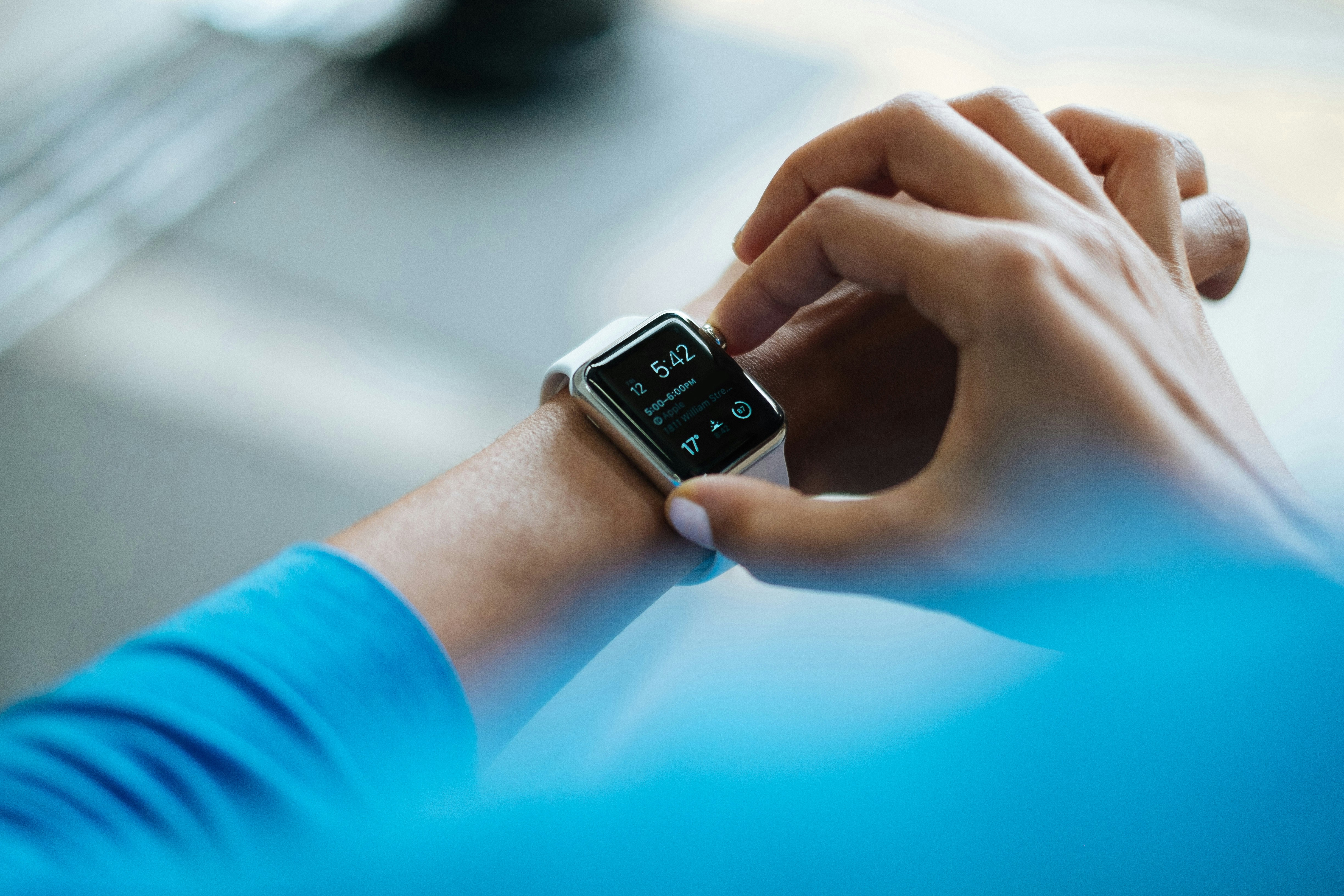
Researchers are working with parents who have experienced pregnancy loss to share data which could help shape future maternal care and improve digital support.
It is part of a project by the University of Southampton to change how personal information is used by health services.
It is being delivered within the National Institute for Health and Care Research's (NIHR) Southampton Biomedical Research Centre (BRC).
The NHS currently collects and shares patient medical data to improve its care - but it usually discounts everyday information about people's lives.
Now Southampton academics want to develop a new model which gives parents more control to decide how their data could be used to support others.
Professor Age Chapman , head of the University's Digital Health and Biomedical Engineering Research Group , is leading the initiative, named the Roberta Project.
She said: "Health-related data outside of the NHS is increasingly important for improving health and wellbeing, but how can we be sure it is being handled with care, transparency and consent?
"The Roberta Project is about empowering communities to say where they want data to be used, so their voices and experiences can be at the very core of maternal support."
As part of the project, researchers will ask parents to voluntarily contribute information produced by everyday tools, such as fitness trackers, wellbeing apps or diaries.
Professor Dame Wendy Hall , director of the University's Web Science Institute and lead of the NIHR Southampton BRC's Data, Health and Society Theme , said: "Data collected with consent is more inclusive and, above all, impactful for new research or improving care.
"We ultimately want to develop a 'data trust' - a framework for data governance - which puts families who have experienced early pregnancy loss at its centre.
"It would allow them to collectively decide how their information is used to shape support for those who may be affected by miscarriage in the future."
The Southampton team are conducting workshops among community groups with lived experience of pregnancy loss, as well as clinicians, policymakers and legal experts.
These sessions use scenarios featuring a fictional character named Roberta, who navigates pregnancy after loss using digital health tools, such as phone apps.
"Sadly, some tools fail to account for pregnancy loss, often continuing to send notifications after a miscarriage," said Professor Michael Boniface , project co-lead and an associate director of the Web Science Institute.
He added: "Roberta's story helps participants surface these challenges and reimagines what respectful, inclusive digital health design might look like."
The researchers hope the Roberta Project can serve as a national model for more equitable use of non-NHS data in tackling challenges across health and care.






